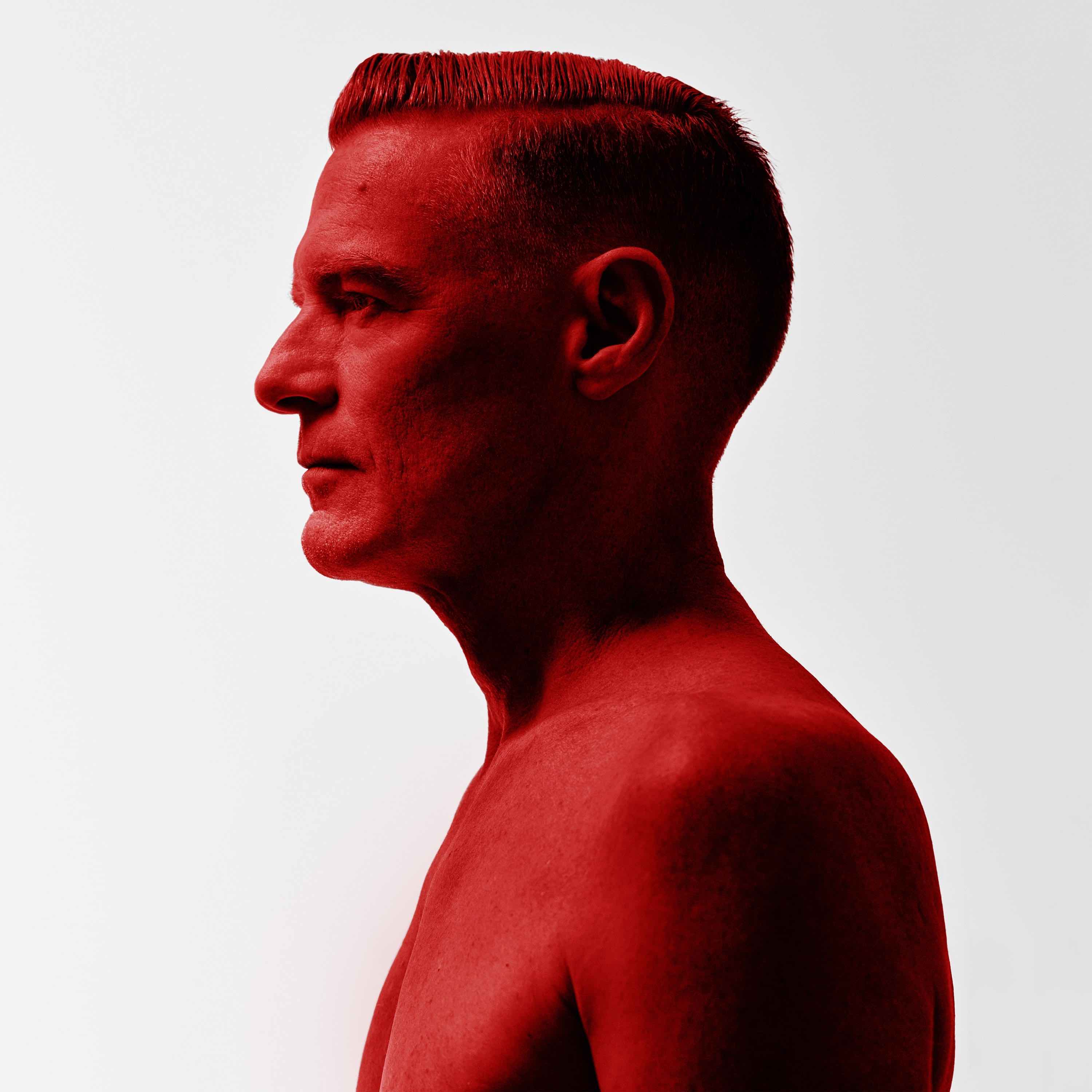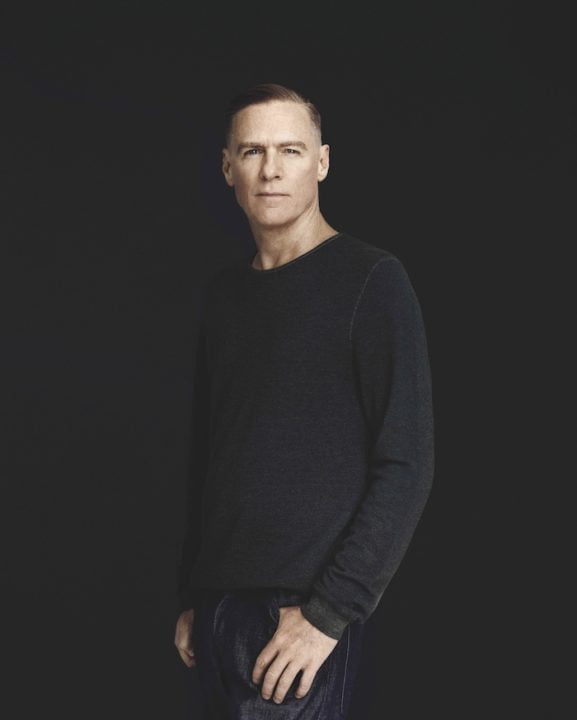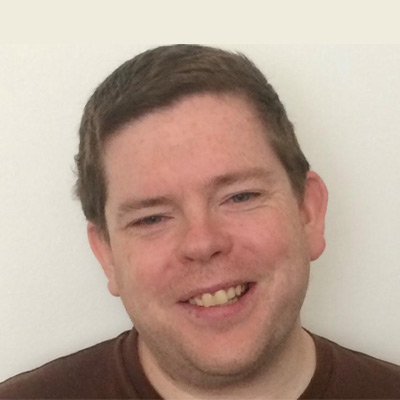In 2019, on the eve of his 60th birthday, Bryan Adams sat down with Classic Pop to talk about about his 40 years in the music business…
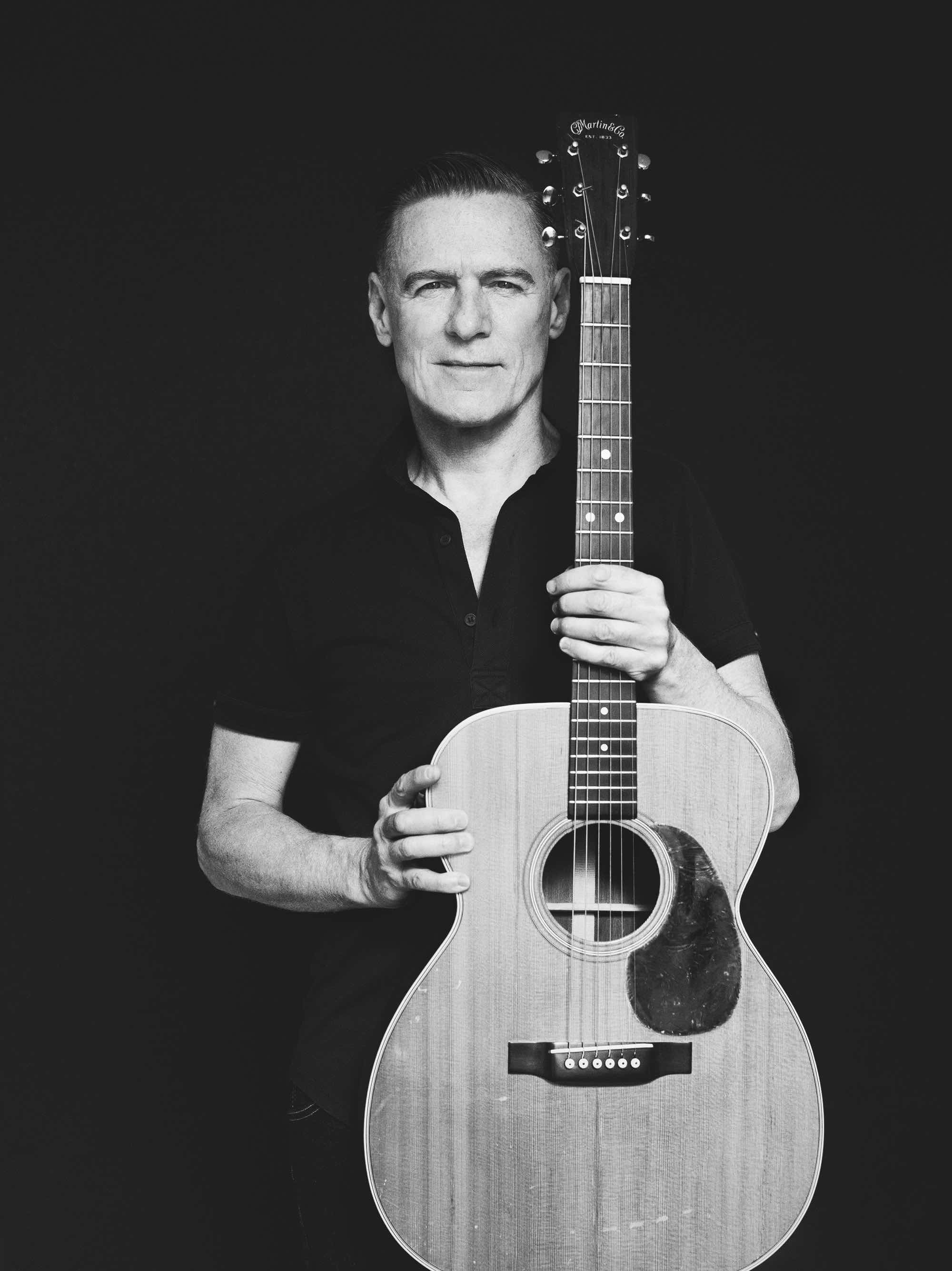
Ever since his fourth album, Reckless, in 1984 featured Summer Of ’69 and Heaven, all of Bryan Adams’ albums have reached the Top 10. The energetic Shine A Light – featuring Ed Sheeran co-writing the title track and a Jennifer Lopez duet made with Ariana Grande’s producer – has kept Bryan firmly where he belongs. Fresh from a sell-out arena tour, the Canadian icon invited Classic Pop to his management studio in Chelsea to talk about how he’s stayed on top for 35 years…
Did you have any grand plans as to how you wanted the new album to sound?
This one wasn’t even a question of thinking of an album. I was getting songs together for the Pretty Woman musical, which I’ve co-written with [lifelong writing partner] Jim Vallance. I was parking the ideas for songs that weren’t suitable for the musical. Within a year, I started realising I had enough material for an album, so last summer I gathered the last few songs together. I wasn’t writing them thinking, “I must write for the musical” – songs just come out how they will. I kept interspersing new and old ideas that had some sort of cohesion. Really, though, Shine A Light is simply the best songs I could put together.
How did you decide which songwriters to work with on the album? You’ve worked with most of them before – Jim Vallance, Eliot Kennedy, Gretchen Peters…
I’m all over the place, so it tends to be whoever’s most available and convenient at the time. I started writing Part Friday Night, Part Sunday Morning years ago, but I’d never recorded it. I wrote it with Gretchen, but I’d shelved it, thinking maybe it could be good for somebody else to record. The same goes for The Last Night On Earth. After I sang Summer Of ’69 with Taylor Swift on her tour, I thought The Last Night On Earth could be good for Taylor to work on with me. I just never bothered getting round to asking her! Driving Under The Influence Of Love was written for Joe Cocker before he died.
How did you come to write the title track of Shine A Light with Ed Sheeran?
It was written as an idea for my parents. I lost my father, and I wanted a song that could be a send-off for him, or for anybody else. The message of Shine A Light felt a good way of saying goodbye. Once I’d had the idea, I sent it to Ed and we collaborated back and forth on email. We’d met when we were both in Ireland on tour. I went along to his show, as I had a night off, so we met up and stayed in touch after. I just thought, “I wonder if he’d be up for writing a song with me?” I sent Ed a note, saying, “I’ve got this idea…” And he went, “Yeah!” I’d love to work with Ed again, he’s great. I’d initially presented the song to Jim. I’d written the chorus and parked it. Then I sent it to Jim, asking, “What do you think of this idea?” and he went, “Er… That needs a bit of work.” Which was fine, but I always thought it was a good idea. When I then sent it to Ed, he jumped on it. It became that song’s time.
Who would you love to write with?
I really love Chris Martin’s songwriting, he’s a brilliant songwriter.
I Could Get Used To This already works superbly in concert – is the secret to songwriting knowing when to use a good “Woo-hoo!” in the chorus?
Ha! That one actually was written for the musical, for Vivian going “Woo-hoo!” at where she’s found herself – she’s sitting in the hotel room, in a ton of bubble bath, with Champagne and strawberries waiting. It’s an “I could get used to this!” moment.
What was the inspiration for Part Friday Night, Part Sunday Morning? Did you have anyone in mind for the woman in the song?
Gretchen sent me the lyric. I was sitting down with my guitar, and the music just came out of me. I like the idea of someone who is morally ethical, but who likes to go out and party. I’m not church – I’m all Friday night most of the time. I’m not Sunday morning at all. If you go to the South in the States, a lot of people are very religious, but they go and get hammered, as if they don’t have any moral compass. That idea of, “Let’s go out and get wasted, get all sinned up, then head to the church on Sunday to sort myself out!” is great material.
Do you have other songs you have stockpiled that haven’t found their moment yet?
I do. The timing is right for certain songs, they sometimes need time to evolve.The Last Night On Earth was called something else at first – I can’t remember what – and at the last moment I changed the title to something that has more gravitas to it. If I have one regret, it’s that back in the 80s I should have put out more albums. I had enough songs to do it, but for some reason I was quite precious about it. I was going, “Not good enough… Not good enough” when I should have put everything out. I should have just gone, “Right, there you go.” When I released the 30th anniversary edition of Reckless, I added seven songs. I’d forgotten all about them, and then when I heard them again I realised they would have been perfectly fine to go on the radio at the time. My attitude had been, “That’s enough, let’s focus on just these songs.”
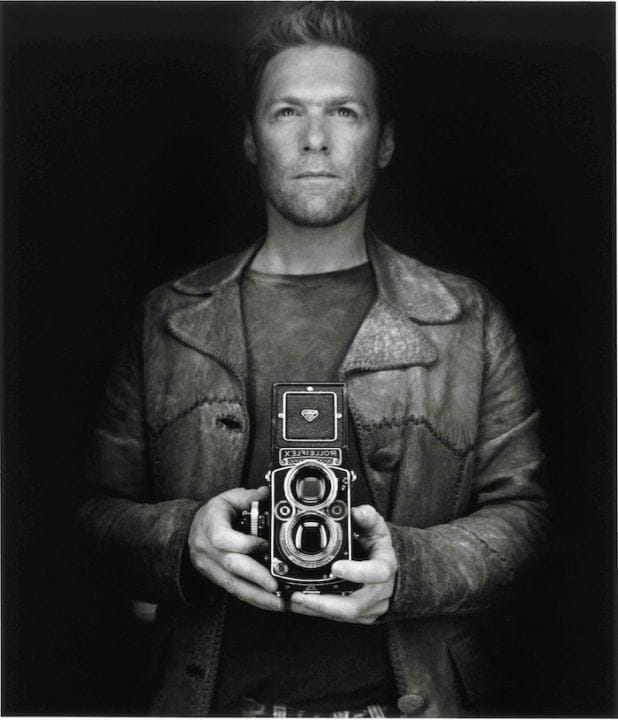
You always hope a song will be good enough. But, yeah, it’s quite difficult to edge a new song into the set, because something has to go. The song quality has to be pretty high for an old favourite to go. You can’t be conscious of it when you’re writing, though. You just have to do the best job you can on a song.
You didn’t write with Jim Vallance from 1989 until 11 in 2008. How is it second time around?
It’s funny, it feels exactly the same. There’s a strange familiarity with me and Jim. He’s very clever, competent and witty, all the things I like in a collaborator. We never really stayed out of touch, though. There’s a time for everything when it comes to working together professionally. Jim is a seriously good musician. Every song we write is different for how we divide up the workload, but that spontaneity is one of the things I like about working with Jim. Sometimes, it can be the simplest thing. If you take I Can Get Used To This, when we were writing it for Pretty Woman, I phoned Jim and said, “I don’t know what she needs to say in this scene, it needs to be something like, ‘Wow, I could get used to this!’” And Jim went, “Well, that’s good! ‘I could get used to this’ – that’s it, there it is!” The song came together from that moment. Jim is good at simplifying things.
Bob Rock produced most of the new album. You’ve worked with him before, and he’s produced everyone from Bon Jovi and Metallica to Michael Bublé. Why is he so good?
He’s an enthusiast, great at pulling things together. He’s a great taskmaster, he’ll go, “What else you got? What else you got? What else you got?” He’ll keep repeating, “What else you got?” until we crack it. He’ll spend all day cutting tracks until we get the magic. Mostly the vocals are live on this record, too – most of those new songs have vocals that are recorded live with the band.
How did Jennifer Lopez come on board to sing on That’s How Strong Our Love Is?
I just asked her manager if she’d be on the song and she said yes, simple as that.
Your publishing firm is called Badams – Badams & J-Lo is a good name for a crime-fighting duo.
(Laughs) It really is. Watch out, punks, Badams & J-Lo are coming for you!
What was the hardest song to get right on Shine A Light?
Funnily enough, it’d be That’s How Strong Our Love Is. Johan Carlsson, the producer, has worked with big pop acts like Ariana Grande and Little Mix. You’re singing to the computer the whole time. It’s different to how I usually do it, but I was interested in trying it, because I wanted a more contemporary sound. Any time in the studio, it’s always enjoyable. I don’t think I’ve ever had a bad experience. Well, there was one time with Mutt Lange in the studio. We were really struggling to get the sound right and he said, “You need to take a break.” He thought my voice was gone, but it turned out it was the microphone that was fried, not me. I’d sung for four hours on a blown mic. That’s the only time it’s been frustrating. There’s a version of That’s How Strong Our Love Is on the vinyl edition of the album where it’s done more regularly, with my band. I think it’s a really interesting contrast.
Your recent Wembley Arena show was the 29th time you played there. But you had the enthusiasm of a newcomer – you’re still fresh when playing Run To You, Summer Of ’69 or the other classics again…
If a song is in the set, then you have to play it as good as it can be. I’m not going to downgear just because I’ve played a song a lot. I can’t even think that small. The record is the template, and anything below that is sub-par. It’s why the musicianship is so high in my band, because those guys deliver on a big level. They’re never going to play a lesser version of the song just because it’s older. Who does that? If you make music, make it as great as you can.
When you and Jim first started writing together, did you know he’d be The One who you’d have such a great writing relationship with?
Jim had a great track record for a young musician in Vancouver, and there weren’t many people with that kind of pedigree. I’d done studio work, so I knew about Jim. But he was hiding behind an alias, Rodney Higgs, for his songwriting. I hadn’t twigged he was the same guy. So when I met Jim, I only knew him as a session drummer. My friend introduced me, saying, “This is Jim, who wrote such-and-such.” I went, “No, that was Rodney Higgs!” When I realised Jim was the same guy and so twice as talented as I thought, I said, “We should definitely write together!” And the next day we wrote a song.
You and Jim started writing in what were apparently grim surroundings.
Yeah, it was a basement full of cat piss. Sure.
‘I don’t believe in endings at all. I just prefer to keep going…’
You and Jim were writing songs for artists like Kiss and Bonnie Raitt while waiting for your career as a performer to take off. Would you have been happy staying as a songwriter for hire?
I don’t know how long I would have lasted as just a songwriter. We had a good crack at writing songs for other people. But it was because of some of the breaks I got doing that which meant I was able to convince a label to sign me as a performer. One thing came with the other, really. I needed to establish myself as a songwriter, and from there it made things look a lot better for a record company to trust that I could make it as a singer. Really, though, there’s no replacement for getting out and playing. No matter how good a song is, you have to get out in front of an audience. When I look back at my first record [1980’s Bryan Adams], it’s really a glorified demo. It wasn’t until my second album, You Want It You Got It, where I’d taken what I’d written out on tour and practised those songs that I got better arrangements and a better sound for myself. Just writing in the studio, I was too insulated.
Bearing in mind your love of performing, do you see yourself as a songwriter who sings or a singer who writes songs?
Now, I’m a singer who writes songs. Back then, I was just a busker. I’ve always been happy with my voice. That’s always what has got me through. The voice is what’s kept me in hot food and shoes.
You told during the recent tour of how your mother agreed to use your college fund to buy you a piano instead so you could write songs. What would have happened if she’d insisted you go to college?
It was too late for that, she would never have said it by then. Maybe she would have said, “Let’s hold out and see how you go.” But my mother wasn’t resistant, because she was open to the idea of my creativity. By then, I’d started to pay my rent through music. I was doing sessions and I’d done a couple of years on tour. I wasn’t that successful, but she could see that I could do it. By then, it was about helping me to do the right thing.
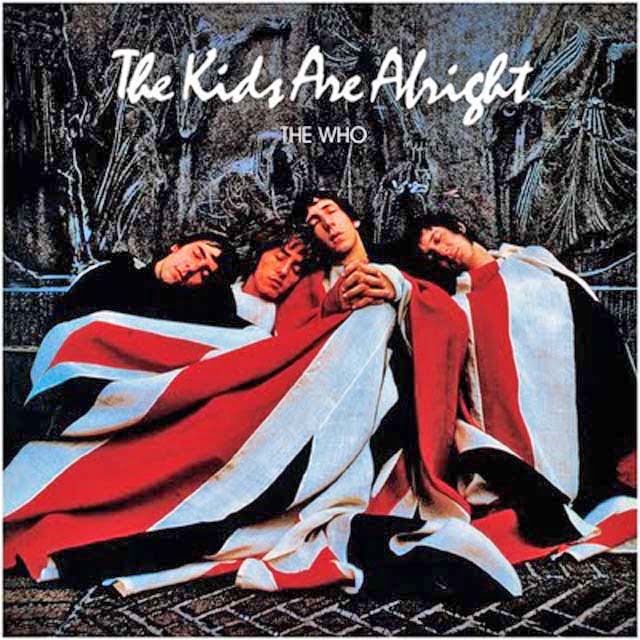
The Who. I was a big Pete Townshend fan, and I found out he’s really nice. I like my heavy rock, so you’re talking about guys like Queen, Paul Rodgers, Deep Purple, the Zeppelin guys. They were the musicians I’d looked up to when I was starting out, and they were still going in the 80s.
When was the last time you had a bad show?
Hmm. I did an acoustic show last year I didn’t love that much, but that was because it was a private concert. They didn’t want the band, they just wanted me acoustically. I did it, but it was… odd, that’s all I can say. Actually, it wasn’t that bad, because at least it was quite funny. There aren’t really any terrible gigs, just different ones.
When you played Can’t Stop This Thing We Started on the recent tour, the big screen video was of you walking through a shopping centre, being amiably mobbed. How did that come about?
I didn’t like the backdrop video we’d had for the song. I said to the crew, “Come on, let’s get in the van and go to the shopping centre.” We filmed it on my keyboard player Gary’s son’s iPhone. He followed me walking through, and I’d said, “Anyone who comes up to me, just keep filming.” It’s a typical reaction if I go shopping, I guess. Though it was in Toronto, and people will recognise me there. I get totally involved in every single one of the big screen videos. The only one I didn’t was for Go Down Rockin’, where I just asked the crew to sort some pictures of me falling.
You had fun with the self-portrait on the cover of Shine A Light before you went on stage – there were animations of that photo which reminded me of Terry Gilliam’s Monty Python work…
OK, that’s cool, thank you. I always try to have fun with my gig visuals. I like taking the piss out of myself – I’ll do anything to lighten the atmosphere before I come on. I just wanted to try to animate this serious picture of me, to make it more humorous. I wish I could do that with the album cover itself!
Do you approach songs for films differently than if they’re specifically for one of your albums?
That’s why I like writing for films – there’s a narrative, and all you have to do is find a way of making that story turn into a melody. I really enjoy that.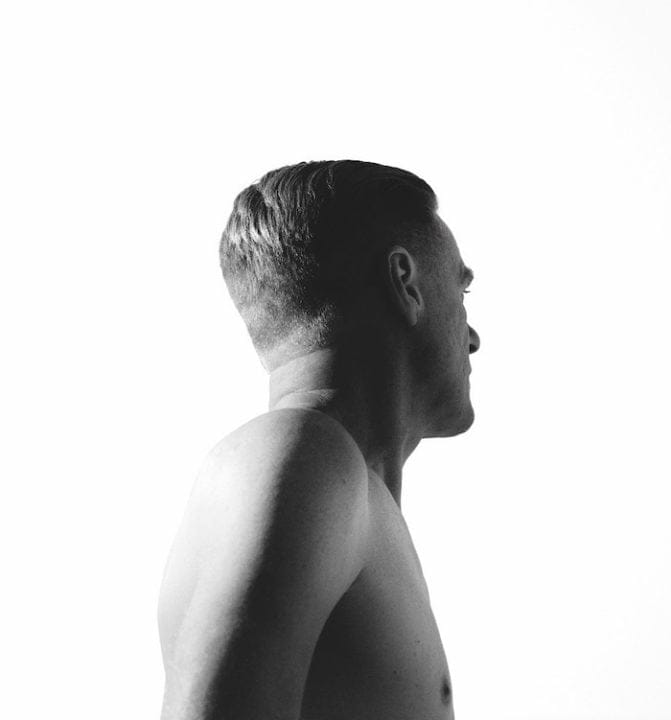
Yeah, 45 minutes. I knew it was a good song right away. I feel great about that song, it’s one of the reasons I’m still out there. It’s always worked live, so I enjoy singing it. It’s one you can’t replace in the show, you’d be really hard-pressed to leave that one out.
How pleased are you it’s still got the record for having 16 weeks at No.1? It looked like Drake’s One Dance might have beaten it a couple of years ago…
I don’t think about it. If Drake had beaten me, I wouldn’t have cared. Someone will beat me one day, but who cares?
Having written the Pretty Woman musical, could you imagine yourself writing a novel or maybe a film?
If it was a clever enough story, but I know my limitations. I’ve never thought, “That song could work as 250 pages”, because I’m lucky if I get through one page.
What about your autobiography?
I’ve written the odd page, thinking I might do it. But I get to the bottom of the first page and think, “Oh God, who wants to read this? It’s so boring!” So I don’t continue. I just don’t find myself inclined to write about myself. I don’t think the journey is complete. Maybe one day, but it doesn’t feel time yet.
Having used some songs you’d stockpiled away like Part Friday Night, Part Sunday Morning for this record, is there any material left over that you’ll take into your next album?
Probably not. I really dug down for this record and put out the best songs that I had available. But I’m already brewing songs for my next album. I’ve got a folder of new songs I’ve been writing, and I’m starting to think about when to go in and do it. Those new songs are sounding pretty good already.
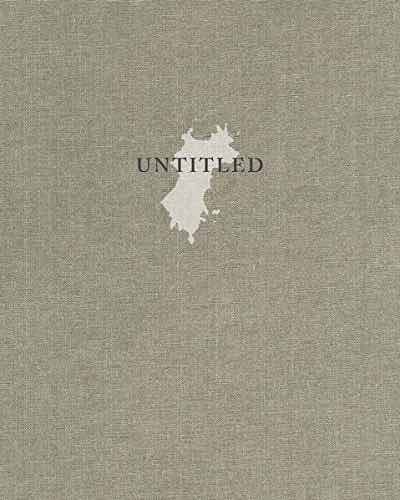
I’m not 60 yet, so I don’t know. I’ll let you know when I get there.
But can you see 60 on the horizon?
Only because you keep bringing it up! (Laughs)
In the new song Don’t Look Back, you sing about someone who has trouble finding a happy ending. Have you always believed in happy endings?
I don’t believe in endings at all. I just prefer to keep going. Sure, everything has to come to an end, but I try to keep it all going. I don’t want it to end. Let’s keep the journey going, that’s my attitude.
Classic Pop may earn commission from the links on this page, but we only feature products we think you will enjoy.

